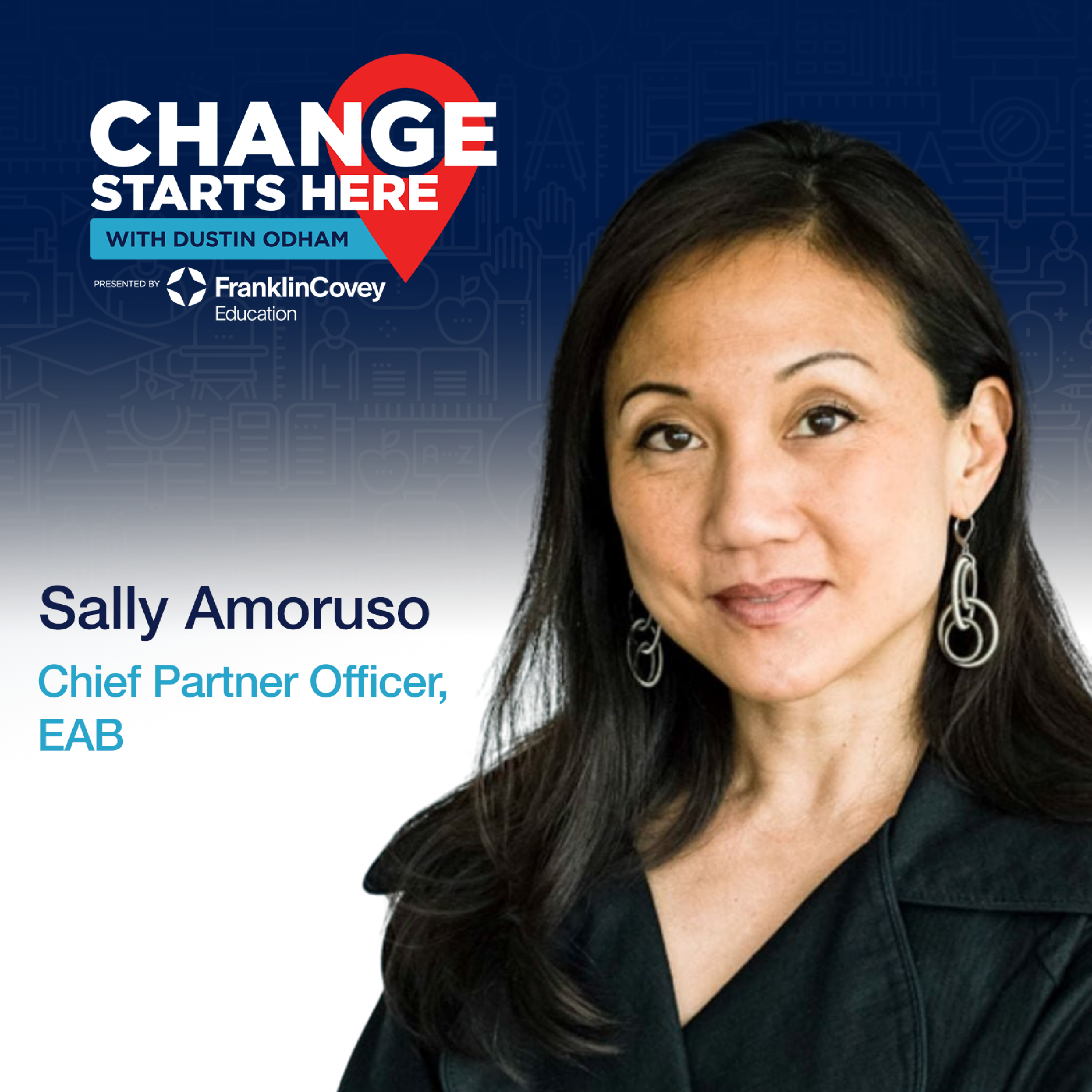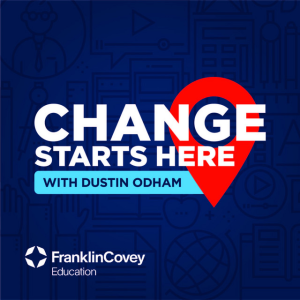
- Podcast Features
-
Monetization
-
Ads Marketplace
Join Ads Marketplace to earn through podcast sponsorships.
-
PodAds
Manage your ads with dynamic ad insertion capability.
-
Apple Podcasts Subscriptions Integration
Monetize with Apple Podcasts Subscriptions via Podbean.
-
Live Streaming
Earn rewards and recurring income from Fan Club membership.
-
Ads Marketplace
- Podbean App
-
Help and Support
-
Help Center
Get the answers and support you need.
-
Podbean Academy
Resources and guides to launch, grow, and monetize podcast.
-
Podbean Blog
Stay updated with the latest podcasting tips and trends.
-
What’s New
Check out our newest and recently released features!
-
Podcasting Smarter
Podcast interviews, best practices, and helpful tips.
-
Help Center
-
Popular Topics
-
How to Start a Podcast
The step-by-step guide to start your own podcast.
-
How to Start a Live Podcast
Create the best live podcast and engage your audience.
-
How to Monetize a Podcast
Tips on making the decision to monetize your podcast.
-
How to Promote Your Podcast
The best ways to get more eyes and ears on your podcast.
-
Podcast Advertising 101
Everything you need to know about podcast advertising.
-
Mobile Podcast Recording Guide
The ultimate guide to recording a podcast on your phone.
-
How to Use Group Recording
Steps to set up and use group recording in the Podbean app.
-
How to Start a Podcast
-
Podcasting
- Podcast Features
-
Monetization
-
Ads Marketplace
Join Ads Marketplace to earn through podcast sponsorships.
-
PodAds
Manage your ads with dynamic ad insertion capability.
-
Apple Podcasts Subscriptions Integration
Monetize with Apple Podcasts Subscriptions via Podbean.
-
Live Streaming
Earn rewards and recurring income from Fan Club membership.
-
Ads Marketplace
- Podbean App
- Advertisers
- Enterprise
- Pricing
-
Resources
-
Help and Support
-
Help Center
Get the answers and support you need.
-
Podbean Academy
Resources and guides to launch, grow, and monetize podcast.
-
Podbean Blog
Stay updated with the latest podcasting tips and trends.
-
What’s New
Check out our newest and recently released features!
-
Podcasting Smarter
Podcast interviews, best practices, and helpful tips.
-
Help Center
-
Popular Topics
-
How to Start a Podcast
The step-by-step guide to start your own podcast.
-
How to Start a Live Podcast
Create the best live podcast and engage your audience.
-
How to Monetize a Podcast
Tips on making the decision to monetize your podcast.
-
How to Promote Your Podcast
The best ways to get more eyes and ears on your podcast.
-
Podcast Advertising 101
Everything you need to know about podcast advertising.
-
Mobile Podcast Recording Guide
The ultimate guide to recording a podcast on your phone.
-
How to Use Group Recording
Steps to set up and use group recording in the Podbean app.
-
How to Start a Podcast
-
Help and Support
- Discover

Sally Amoruso - The Future of Higher Education
Straight A’s are not always easy to come by, but often, earning them in a traditional setting means getting to the right answer, not learning why an answer is needed or how to go about solving a problem. Sally Amoruso, Chief Partner Officer at EAB, a firm dedicated to serving educational institutions, spoke with Change Starts Here podcast host Dustin Odham to discuss how to prepare for the changes that are set to come within the educational system.
“My why is rooted in helping others, people and institutions to reach their potential. And above all else, that’s really what gives me energy,” said Amoruso. EAB serves to connect communities of interest in order to foster bold ideas and creative thinking. Through EAM, Amoruso reframes problems as opportunities.
The current challenges that higher education faces are one of Amoruso’s chief studies. She has interviewed over 100 presidents at different institutions since covid began and found that, “Some of the ever-present challenges that were with us before covid, have been amplified and accelerated, so they haven’t gone away,” said Amoruso.
Issues like mental health, affordability, and access problems, in addition to this intensifying competition within the higher education world, need solutions. While leadership teams remained agile, bold, and student-centric throughout covid, one of Amoruso’s worries was the leadership’s desire for a return to normalcy, rather than reinventing the education space based on the knowledge gained throughout the pandemic.
“If we are able to build on the lessons from the pandemic, what we’ll see across the next ten years is a greater diversification and differentiation of universities and colleges around the specific needs of the student populations that they serve,” remarked Amoruso.
Within the next ten years, there is expected to be a massive surge of collaboration across the spectrum, leading to more consortia development in higher institutions. These consortia will build strengths at each school while continuing to “innovate around different offerings,” said Amoruso.
To successfully transition to this new learning economy students must become lifelong learners, understanding why a problem exists and how to go about investigating possible answers before presenting a solution.
More Episodes
 2022-03-01
2022-03-01
 2022-02-22
2022-02-22
 2022-02-15
2022-02-15
 2022-01-25
2022-01-25
 2022-01-18
2022-01-18
 2021-12-07
2021-12-07
 2021-11-30
2021-11-30
Create your
podcast in
minutes
- Full-featured podcast site
- Unlimited storage and bandwidth
- Comprehensive podcast stats
- Distribute to Apple Podcasts, Spotify, and more
- Make money with your podcast
It is Free
- Privacy Policy
- Cookie Policy
- Terms of Use
- Consent Preferences
- Copyright © 2015-2025 Podbean.com




